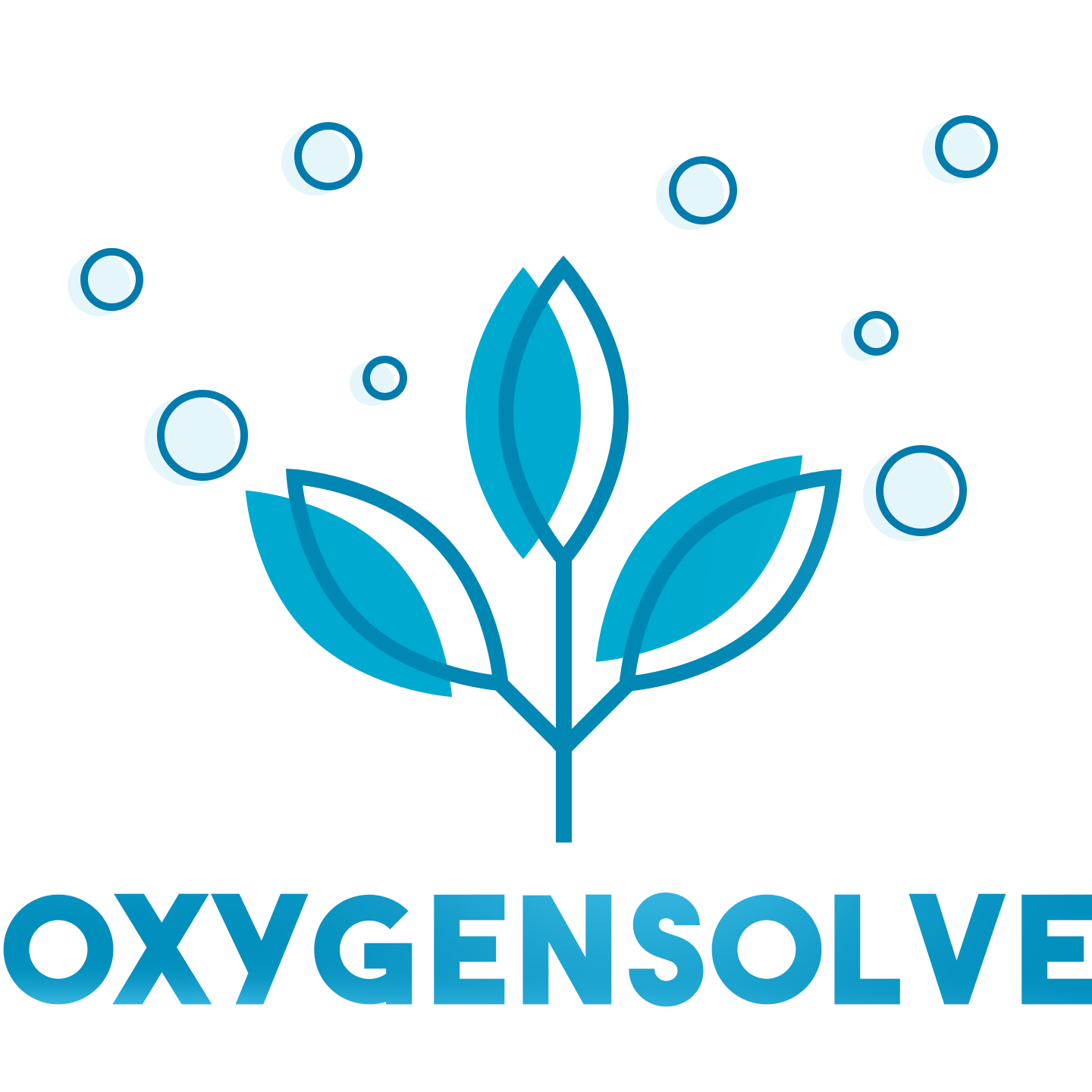10 Life-Changing Benefits of CPAP Therapy: Breathe Easier, Live Better
CODE
Many people struggle with sleep apnea, a condition where breathing repeatedly stops and starts during sleep. This disruption can lead to a cascade of negative effects, including daytime fatigue, difficulty concentrating, and even an increased risk of serious health problems. Thankfully, CPAP (Continuous Positive Airway Pressure) therapy offers CPAP Machine - a safe and effective solution for those diagnosed with sleep apnea.
What is CPAP Therapy?
CPAP therapy utilizes a CPAP machine, a medical device that delivers a steady stream of pressurized air through a mask worn during sleep. This gentle airflow keeps your airways open, preventing the collapse that causes sleep apnea episodes.
What are the Advantages of CPAP Therapy
While adjusting to CPAP therapy may take some time, the benefits it offers are undeniable. Let's delve into the main reasons why CPAP therapy can significantly improve your life:
Here are 10 life-changing benefits of CPAP therapy:
-
Improved Sleep Quality: One of the most significant benefits of CPAP therapy is a dramatic improvement in sleep quality. By preventing airway collapse, CPAP ensures you breathe consistently throughout the night, leading to deeper, more restful sleep.
-
Reduced Daytime Fatigue: Sleep apnea disrupts your sleep cycle, leading to excessive daytime sleepiness (EDS). Regular CPAP machine use combats EDS, leaving you feeling more alert and energized throughout the day.
-
Enhanced Cognitive Function: Studies have shown that CPAP therapy can improve cognitive function, memory, and concentration. Better sleep quality leads to sharper thinking, improved decision-making, and increased productivity.
-
Reduced Risk of Cardiovascular Disease: Sleep apnea is a major risk factor for heart disease, stroke, and high blood pressure. CPAP therapy helps regulate blood pressure and reduces strain on the heart, lowering your risk of these cardiovascular complications.
-
Improved Mood and Reduced Depression: Chronic sleep deprivation caused by sleep apnea can contribute to depression and anxiety. CPAP therapy promotes better sleep, which can significantly improve mood and reduce symptoms of depression.
-
Boosted Energy Levels: With deeper sleep and improved oxygenation, CPAP therapy can significantly increase your energy levels. You'll wake up feeling refreshed and ready to tackle the day.
-
Weight Management: Research suggests a link between sleep apnea and weight gain. Improved sleep quality with CPAP therapy may help regulate hormones that influence appetite, potentially aiding in weight management.
-
Reduced Headaches: Frequent headaches can be a symptom of sleep apnea. CPAP therapy, by improving sleep quality and oxygen flow, can significantly reduce the frequency and intensity of headaches.
-
Sharper Memory and Focus: Sleep apnea can impair memory and focus. CPAP therapy can significantly improve both, leading to better cognitive performance and overall brain function.
-
Improved Quality of Life: Perhaps the most significant benefit of CPAP therapy is the overall improvement in quality of life it offers. With better sleep, increased energy, and reduced health risks, CPAP therapy can empower you to live a more fulfilling and active life.
How is Sleep Apnea Diagnosed?
If you're experiencing symptoms suggestive of sleep apnea, like chronic daytime fatigue, frequent morning headaches, or witnessed apneas (periods where breathing stops during sleep), your doctor will likely recommend further evaluation. Here's a deeper dive into the typical process for diagnosing sleep apnea:

Initial Consultation: During your initial consultation, your doctor will discuss your symptoms, medical history, and lifestyle habits. They may also perform a physical exam to check for anatomical features that might contribute to sleep apnea, such as enlarged tonsils or a thickened neck circumference.
Sleep Questionnaires: Standardized questionnaires like the Epworth Sleepiness Scale can help assess your daytime sleepiness and gauge the potential severity of your sleep apnea.
Home Sleep Testing (HST): In some cases, your doctor may recommend a home sleep test (HST) as an initial diagnostic tool. HSTs are typically less expensive and less disruptive than sleep studies in a lab. During an HST, you'll wear a simplified monitoring device at home overnight. This device usually tracks your breathing patterns, oxygen levels, and heart rate. While HSTs are convenient, they may not be suitable for everyone. For example, if other sleep disorders are suspected, a sleep lab study might be necessary.
Sleep Study (Polysomnogram): The gold standard for diagnosing sleep apnea is a sleep study, also known as a polysomnogram. Conducted overnight in a sleep lab, a polysomnogram provides a comprehensive picture of your sleep patterns. During the study, you'll be outfitted with various sensors that monitor:
- Brain waves (EEG): Electrodes placed on your scalp measure your brain activity, which helps differentiate between sleep stages.
- Eye movements (EOG): Electrodes placed near your eyes track your eye movements, further aiding in sleep stage identification.
- Muscle activity (EMG): Electrodes on your chin or legs measure muscle activity, which can indicate sleep arousals or restless sleep.
- Respiratory effort: Straps placed around your chest and abdomen monitor your breathing effort.
- Blood oxygen levels (Pulse Oximetry): A sensor clipped to your fingertip measures your blood oxygen levels throughout the night.
- Airflow: A nasal cannula or mask placed over your nose and mouth measures airflow through your nostrils and mouth.
The data collected during the sleep study is analyzed by a sleep specialist who can determine the presence and severity of sleep apnea based on factors like the number of apneas and hypopneas (partial reductions in breathing) per hour of sleep (Apnea-Hypopnea Index or AHI).
Additional Tests: In some cases, depending on your individual situation, your doctor might recommend additional tests, such as:
- Imaging studies: X-rays or CT scans of your head and neck can help identify anatomical abnormalities contributing to sleep apnea.
- Flexible endoscopy: A thin, flexible tube with a camera is inserted through your nose or mouth to visualize the upper airway and identify potential obstructions.
By following these diagnostic steps, your doctor can accurately diagnose sleep apnea and determine the most appropriate treatment course for you. Remember, early diagnosis and treatment of sleep apnea are crucial for preventing potential health complications and improving your overall quality of life.
Oxygensolve: Your Partner in Sleep Apnea Management
At Oxygensolve, we understand the challenges faced by individuals diagnosed with sleep apnea. We offer a variety of CPAP machines and supplies to help you manage your condition effectively. Our knowledgeable staff can guide you in selecting the right CPAP machine and mask to ensure optimal comfort and treatment success.
Here's how Oxygensolve can support you on your CPAP therapy journey:
- Wide Selection of CPAP Machines: We offer a variety of CPAP machines from leading manufacturers, catering to different needs and preferences.
- Expert Guidance: Our knowledgeable staff can provide valuable information and answer any questions you may have about CPAP therapy and equipment.
- Mask Fitting: Finding the right mask is crucial for optimal comfort and treatment adherence. We offer mask fitting services to ensure you get the perfect fit.
- Ongoing Support: We are committed to your long-term success with CPAP therapy. We offer ongoing support and assistance throughout your treatment journey.
Living a Healthier, More Fulfilling Life with CPAP Therapy
CPAP therapy is a life-changing treatment for those diagnosed with sleep apnea. By improving sleep quality, reducing daytime fatigue, and lowering the risk of associated health problems, CPAP therapy empowers you to live a healthier and more fulfilling life.
If you suspect you might have sleep apnea, consult your doctor and discuss the possibility of a sleep study. Early diagnosis and treatment with CPAP therapy can make a world of difference in your well-being.
Oxygensolve is dedicated to helping you breathe easier and sleep soundly. Contact us today to learn more about CPAP therapy and how we can support you on your journey to better sleep.


























